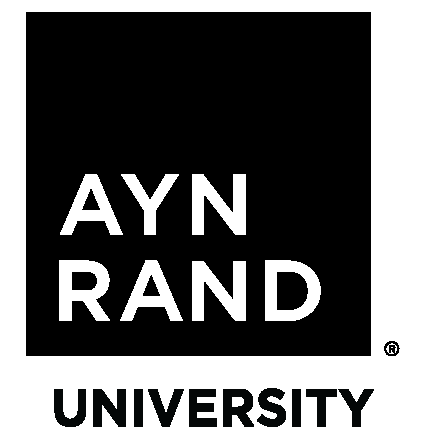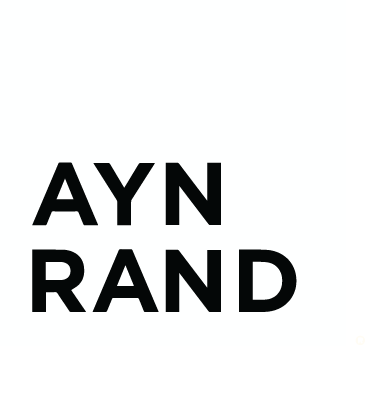We the Living, Anthem, The Fountainhead, Atlas Shrugged—these novels are brimming with new ideas and new perspectives on life. If you have been inspired by Ayn Rand and now want to learn more about her ideas, it’s likely because you have first read one of these novels.
To begin to understand Rand’s distinctive worldview and to learn her new philosophy, Objectivism, there is no better place to start than with the study of these works. Her novels are self-consciously philosophical works, containing abstract themes, characters driven by opposing moral principles, and conflicts rooted in clashing worldviews. Spending time analyzing these, to understand the characters’ inner and outer conflicts and the opposition they face from elements within their society, illuminates Rand’s ideas.
This is what we will do in the course. We will examine the heroes and villains in her novels from the perspective of their basic ideas, values, motivations and goals in life. We will consider how Rand’s new ideas in morality—about what is good and evil—shape her stories and convey to you, the reader, how a radically different way of life from the one we’ve been traditionally presented with is both possible and desirable. Rand’s novels convey new ways of looking at an impressively wide range of subjects, from love and sex, to pride and selfishness, to work and joy, to honesty and integrity, to faith and reason. To explore these is to explore Rand’s own worldview.
Rand held that art, particularly literature, was indispensable in depicting a moral ideal, her own new moral ideal emphatically included. Through examining Rand’s fiction we will learn about her new vision of the ideal.
This 8-unit course is the second of two parts of a full 16-unit track course.
Prerequisite Readings: We the Living, The Fountainhead, Atlas Shrugged and Anthem should be read before beginning this course.



